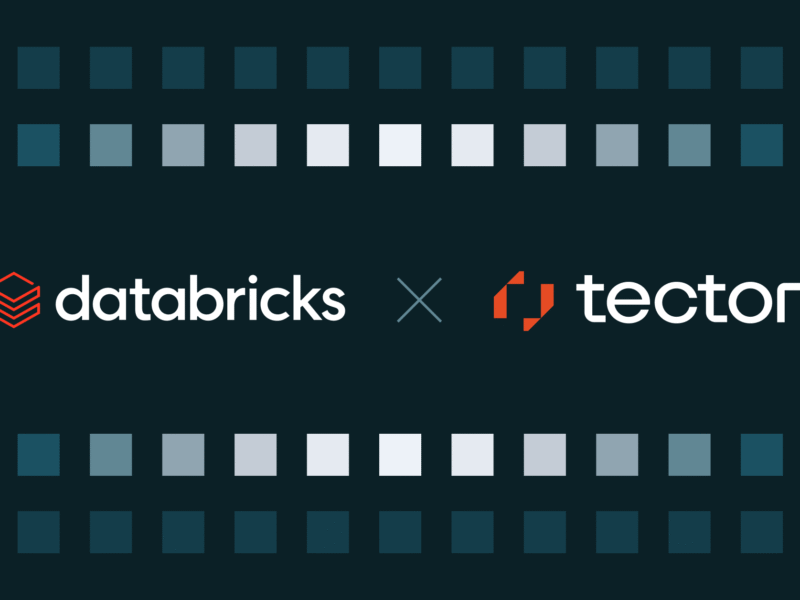Napster relaunched as an artificial intelligence company, offering AI-generated companions available through a $19 monthly subscription after an initial 15 free minutes.
The latest iteration of Napster represents a significant shift in its operational focus, moving from its origins as a peer-to-peer music-sharing application to a generative AI platform. This transformation follows a complex history that included its initial rise and subsequent legal challenges for copyright infringement, a period as licensed music-streaming services under various ownership changes, and a brief reinvention as a web3 company. The brand’s journey through these distinct technological and business models has been extensive, resulting in enough material for a documentary detailing its music business evolution.
This new AI-centric Napster emerged on June 25, following its acquisition by a Florida-based company, formerly known as Infinite Reality. Infinite Reality, which had secured substantial funding, acquired the Napster brand for $207 million in March. Following this acquisition, the company rebranded itself as Napster. The announcement introduced “Napster Companions,” described as domain-specific, intelligent, and personality-driven AI agents. These agents are presented through thumbnail preview clips, depicting individuals with confident expressions and animated hand gestures. The company states that these AI agents incorporate “thirty psychometric parameters that make each agent distinct with its own character, domain expertise, communication style, and task fluency.”
The concept behind these Napster Companions involves providing a human-like interface for AI chatbots, similar to established platforms such as ChatGPT or Claude. However, a key distinction is that Napster offers an expansive array of human faces that do not correspond to actual living individuals. The company’s press release indicates that “The Napster Companion library covers a nearly infinite number of categories of knowledge such as cooking, health, finance, education, fitness, design, software development, and much more.” Furthermore, the platform is designed to auto-generate new agents instantaneously if a specific agent does not already exist, ensuring that “no user query is left unanswered.”
Access to Napster Companions carries a subscription fee of $19 per month or $219 annually. The annual subscription includes a Napster View device, a circular 2.1-inch 3D holographic display. This device connects to a computer via a USB-C cable and clips onto a regular monitor, providing a visual interface for the AI companions. Alternative purchase options include 100 hours of Companion chat for $95, or 200 hours for $189, with the latter option also providing a free Napster View device.
Napster is back—and this time, went social
Napster states that its services are powered by Microsoft’s Azure OpenAI service. New users are offered a complimentary 15-minute trial period. Users can log in using a Google or Microsoft account, or by registering with an email address and password. Prior to accessing the service, users must acknowledge a disclaimer: “I acknowledge that I will be interacting with an AI-based system and that generated responses might be inaccurate, incomplete, or misleading. I acknowledge the AI is not a licensed or certified professional, and I will not share passwords, Social Security numbers, or other sensitive personal data.”
Rob Pegoraro of PCMag tried out the tool and initiated his evaluation of Napster Companions with a query concerning native groundcovers suitable for shady areas in Northern Virginia, a question he previously used to test Google’s AI Mode web search. Napster’s response included three video options and six companions. Pegoraro selected the first video, featuring an AI agent named Laura Patterson, depicted in a greenhouse setting. The platform requested microphone access, indicating its reliance on voice input, which could limit its practical use in public environments. Upon activation, the software interlocutor began speaking, but Pegoraro observed a disparity between the movement of her mouth and her synthetic speech. Additionally, her arms and hands remained static, presenting an “unpleasant contrast” to the dynamic poses shown in the companion thumbnail previews.
Laura Patterson’s recommendations for groundcover plants included at least two species that are not indigenous to the mid-Atlantic region. Following this, Pegoraro informed the AI that the specific area of his lawn was very dry. The AI responded with a statement acknowledging that “Dry areas in your lawn can be challenging,” which Pegoraro characterized as supportive but ultimately unhelpful. Pegoraro considered engaging with other companions offered by the platform, but their advertised areas of expertise, such as “Driving Innovation in Sustainable Agriculture,” did not align with his initial query. Consequently, he shifted his focus to another personal interest: baking. He posed the question, “What are some tips to make baguettes from scratch at home?” This query led to the appearance of an agent named Hikari Nishimura on his screen.
Hikari Nishimura provided baking advice that aligned with Pegoraro’s existing knowledge and prior research. Her recommendations included measuring ingredients by weight, aiming for a hydration level of 75% or more, allowing the dough to ferment overnight, slashing the loaves diagonally with a straight razor, and adding steam before closing the oven using a spray bottle of water. She concluded her guidance by emphasizing the iterative nature of baking, stating, “Every loaf brings you closer to mastering this timeless art.” However, when Pegoraro subsequently asked her to elaborate on the concept of hydration level, she began her explanation with “hydration level refers” and then ceased speaking, leaving the explanation incomplete.
For his third query, Pegoraro transitioned to the subject of personal finance, asking, “How can I compare the tax-adjusted return of an actively traded mutual fund with that of an index fund?” An AI agent named Danielle Washington provided a response. She correctly identified that “Many investors overlook a crucial factor: how taxes impact their return,” specifically highlighting that a fund with frequently traded holdings can lead to significant capital-gains tax obligations due on April 15.
When asked where such figures could be found, she suggested Morningstar and Schwab. Pegoraro noted that Morningstar is a valuable resource for mutual fund investors, while Schwab is recognized as a stock brokerage. Users also have the option to directly select a Napster AI agent and pose questions to them. Pegoraro utilized this feature, summoning Amit Pillai, an agent described as a chef specializing in “Redefining Indian Cuisine with Global Flavors.” Pegoraro asked Pillai for instructions on how to prepare butter chicken using an Instant Pot. Pillai provided the requested recipe without requiring Pegoraro to navigate through extensive introductory text or narrative content, which is often prevalent in online recipes.
Pegoraro observed that for procedural information, such as recipes or other how-to instructions, written directions are generally more practical than video formats. He noted that video might not be the most effective user experience for such content. While video could be suitable for more extensive conversations with an AI that learns user preferences and experiences, the 15-minute free trial period does not appear sufficient for users to discover such deeper engagement.
The stilted nature of the AI-animated videos presented another challenge. Pegoraro found that the synchronized, yet unnatural, movement of the AI agents’ mouths with their speech, while their bodies remained static, evoked comparisons to the animatronic characters found in interactive CD-ROM games from the late 1990s, such as Cyberflix’s “Titanic: Adventure Out of Time,” rather than the original Napster. Given the documented history of AI chatbots providing inaccurate or misleading advice, particularly in sensitive areas, Pegoraro advises users to remain aware of the limitations of these systems. He specifically cautions against relying on Napster’s AI for advice in areas advertised as “Tax Strategy” and “Oncology.” He suggests that users should initially test the service with lower-stakes topics, such as inquiries about free online music streaming services, before committing to a paid subscription.

